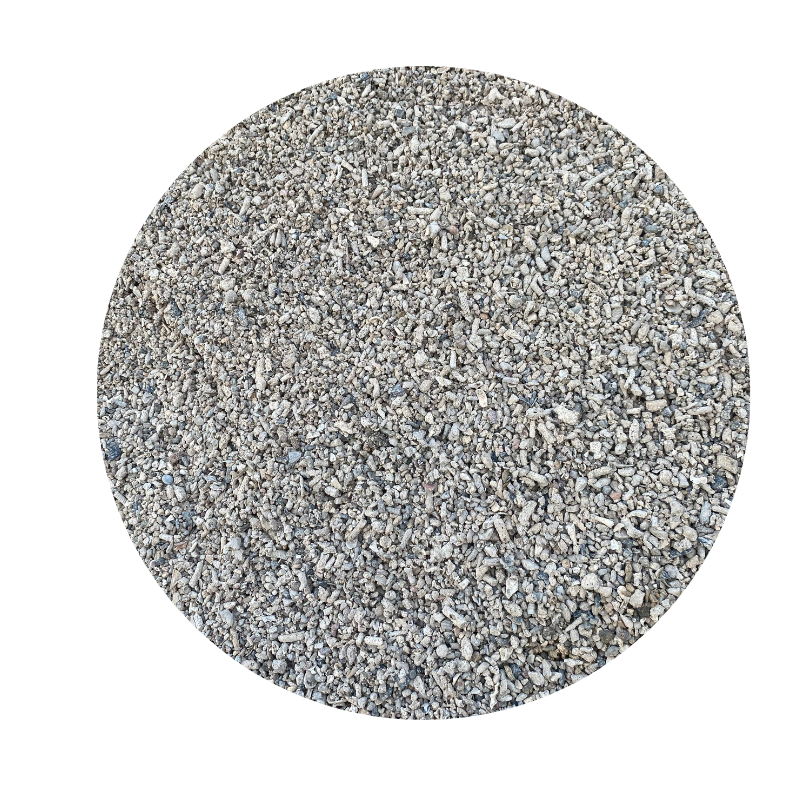
perlite tomatoes
The Benefits of Growing Tomatoes in Perlite A Robust Solution for Tomato Cultivation
Tomatoes (Solanum lycopersicum) are one of the most popular and versatile crops worldwide, enjoyed for their flavor, nutritional benefits, and wide range of uses from salads to sauces. With increasing interest in sustainable agriculture and efficient growing methods, some gardeners and farmers are turning to perlite as a growing medium for their tomato plants. This volcanic glass, known for its lightweight and porous structure, offers unique advantages that can significantly enhance tomato cultivation.
What is Perlite?
Perlite is a naturally occurring volcanic glass that expands when heated. This expansion creates a lightweight, white, and sterile material that is often used in horticulture for its excellent aeration and drainage properties. With a pH-neutral composition, perlite does not negatively impact soil chemistry, making it an ideal choice for growing various plants, including tomatoes.
Benefits of Using Perlite for Tomatoes
1. Enhanced Drainage One of the primary advantages of perlite is its ability to provide excellent drainage. Tomato plants are prone to root rot if the soil retains too much moisture. By incorporating perlite into the growing medium, gardeners can ensure that excess water drains away effectively, thereby reducing the risk of fungal infections and promoting healthier root systems.
2. Improved Aeration Perlite’s unique structure allows for optimal aeration, ensuring that roots have access to necessary oxygen. This is crucial for developing a robust root system and enhancing nutrient uptake, ultimately leading to better plant growth and fruit production.
perlite tomatoes

3. Lightweight Medium For gardeners utilizing containers or raised beds, perlite's lightweight properties make it an excellent choice. It easy to handle and transport, reducing the physical burden on gardeners while still providing effective growing conditions.
4. Sterility One of the significant benefits of perlite is that it is free from pathogens and weed seeds, making it a clean option for tomato cultivation. Using sterile growing mediums helps to minimize the risk of diseases that can affect tomato plants, ensuring healthier crops.
5. Water Retention While perlite is known for its drainage properties, it also has the ability to retain some moisture. This allows for water retention without the soggy conditions that foster root rot. By balancing moisture levels, perlite helps maintain consistent watering, which is essential during critical growth stages.
6. Environmental Sustainability Perlite is a naturally occurring mineral, and its production has a relatively low environmental impact compared to certain synthetic growing media. Its use aligns with the principles of sustainable agriculture, contributing to a healthier ecosystem.
Conclusion
Incorporating perlite into the soil mix for tomato cultivation can transform gardening practices. Whether growing indoors in containers, in greenhouses, or outdoors in raised beds, perlite's unique properties provide a reliable growing medium that promotes plant health, reduces disease risk, and ultimately results in bountiful tomato harvests. The combination of excellent drainage, aeration, low weight, sterility, and environmental benefits makes perlite an invaluable resource for both amateur gardeners and professional growers.
As the demand for fresh, homegrown produce continues to rise, exploring innovative growing mediums like perlite will help cultivate not only flavorful tomatoes but also a more sustainable agricultural future. With careful management and technique, gardeners can enjoy the fruits of their labor — both literally and figuratively!
Share
-
Premium Pigment Supplier Custom Solutions & Bulk OrdersNewsMay.30,2025
-
Top China Slag Fly Ash Manufacturer OEM Factory SolutionsNewsMay.30,2025
-
Natural Lava Rock & Pumice for Landscaping Durable Volcanic SolutionsNewsMay.30,2025
-
Custom Micro Silica Fume Powder Manufacturers High-Purity SolutionsNewsMay.29,2025
-
Custom Mica Powder Pigment Manufacturers Vibrant Colors & Bulk OrdersNewsMay.29,2025
-
Custom Micro Silica Fume Powder Manufacturers Premium QualityNewsMay.29,2025






